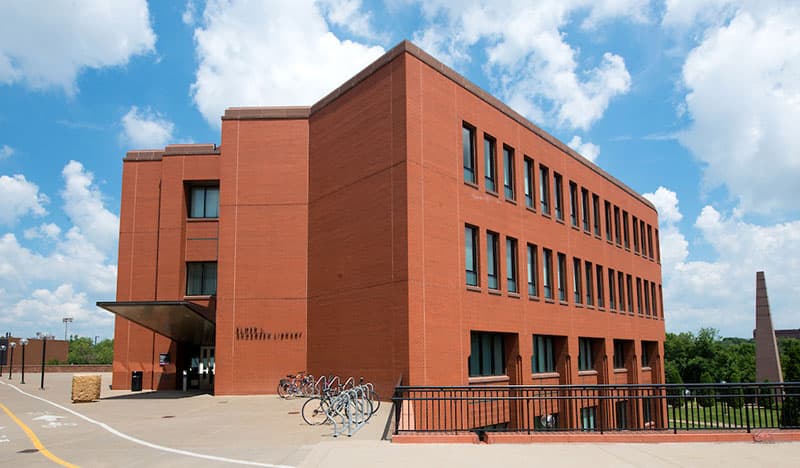Milestones
|
1914 |
|
|
June 28 |
Archduke Franz Ferdinand of Austria is assassinated in Sarajevo by a member of a Serbian nationalist group known as the Black Hand, igniting a series of military maneuvers throughout Europe that brings almost every nation on the continent into a state of war |
|
December |
Dr. John R. Mott, General Secretary of the International Committee of YMCAs, visits Europe to consult with YMCA leaders there and explore the possibility of collaborative efforts on behalf of prisoners of war. |
|
|
|
|
1915 |
|
|
January
|
YMCA secretaries C. V. Hibbard and Achibald C. Harte arrive in Europe to initiate American YMCA work with prisoners of war in Germany, leading to the creation of the War Prisoners Aid of Young Men's Christian Associations. |
|
|
|
|
1916 |
|
|
Summer |
Sixty-five YMCA secretaries under the direction of A. C. Harte now work with prisoners of war in Great Britain, France, Italy, Serbia, Austria, Germany, Russia, Bulgaria, and Rumania, serving over five million prisoners through morale-building, organization, and provision of equipment for the conduct of essential activities of civilized life. |
|
|
|
|
1917 |
|
|
April 6 |
The United States enters the Great War. John R. Mott sends a telegram to President Wilson offering "the full services of the Association Movement." |
|
April 12 |
The American YMCA movement creates the National War Work Council to carry out its war work and appoints New York merchant and former chairman of the YMCA's Army and Navy Committee William Sloane as its chairman and John R. Mott as its CEO. |
|
April 26 |
President Woodrow Wilson issues an Executive Order giving official recognition to the YMCA as "a valuable adjunct and asset to the service," and enjoining officers "to render the fullest practicable assistance and cooperation in the maintenance and extension of the Association, both at permanent posts and stations, and in camps and field." |
|
June 25 |
The first delegation of 27 overseas YMCA secretaries sails for France |
|
|
|
|
1918 |
|
|
June |
The National War Work Council of the YMCA authorizes a joint campaign with the YWCA. |
|
November 11 |
The United War Work Campaign is launched, combining the efforts of the YMCA, the YWCA, the American Library Association, the Jewish Welfare Board, the Knights of Columbus, the Salvation Army, and the War Camp Community Service. John R. Mott is appointed as General Director. Germany signs the Armistice of Compiègne, ending the fighting. |
|
|
|
|
1919 |
|
|
June 28 |
The Treaty of Versailles is signed, officially ending the state of war between Germany and the Allied Powers. |
|
June 22 – July 6
|
The YMCA organizes the Inter-Allied Games outside Paris, France, the first international inter allied sporting event of the post-war. About 1500 athletes who were currently serving or had formerly served in the armed forces during the War, representing a total of eighteen nations, participated in the event, which featured nineteen sports. |
|
|
|
|
1921 |
|
|
March 8 |
The National War Work Council is dissolved. |
Statistics
Statistics
- Over 26,000 paid staff, including men and women, served with the YMCA during the war.
- 35,000 volunteers attended to the spiritual and social needs of an armed force of 4.8 million troops.
- The YMCA performed 90 per cent of all welfare work with American Expeditionary Forces in Europe.
- Six men and two women working under the YMCA banner were killed in action.
- 319 citations and decorations were awarded YMCA staff and volunteers, including the French Legion d'Honneur, the Order of the British Empire, the Distinguished Service Cross and the Distinguished Service Medal.
- The YMCA operated 26 R&R leave centers in France that accommodated 1,944,300 American officers and men.
- 4000 "huts" and tents were operated for recreation and religious services.
- 8000 troop trains were served by YMCA volunteers.
- The YMCA organized 1470 entertainers to be sent overseas to perform for troops.
- The YMCA officially operated 1500 canteens and post exchanges under policy and restrictions established by the army.
- 80,000 educational scholarships were given by the YMCA to veterans of the Great War, a forerunner of the GI Bill.
- The YMCA provided humanitarian services for more than 5 million prisoners of war in both Allied camps detaining enemy troops and Central Powers camps where Allied troops were imprisoned.
